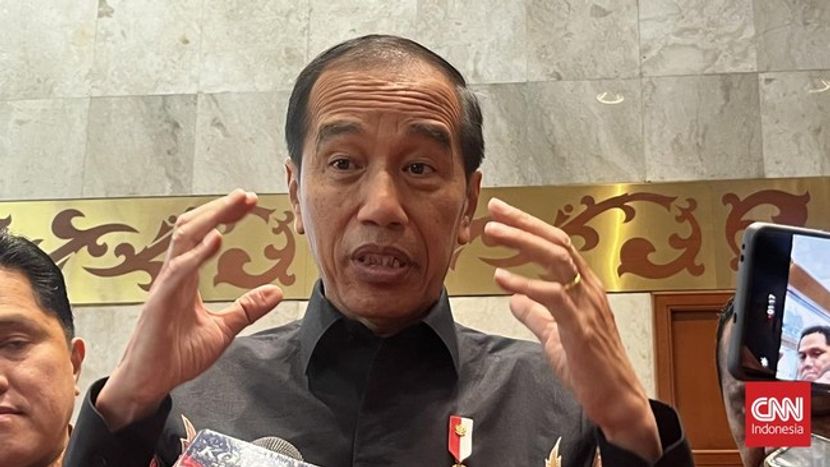World's largest copper smelter in a single line goes into initial production

PT Freeport Indonesia (PTFI) is preparing to start initial production of copper cathode at its new processing and refining facility (smelter) in Gresik (Jatim), East Java, and the production of copper cathode is set to become an important piece of history for Indonesia's natural resources downstream industry.The world's largest smelter in a single line, with a capacity to refine up to 1.7 million tons of copper concentrate per year. Together with the first smelter, PT Smelting, which is already in operation, the two companies will refine 3 million tons of copper concentrate per year and produce about 1 million tons of copper cathode, 50 tons of gold and 220 tons of silver per year.The president of PT Freeport Indonesia (PTFI) said that the program was initiated by President Joko to launch the first batch of copper cathode production, which is undoubtedly a sign of the government's full support for the domestic processing industry development. The copper concentrate smelter at JIIPE is one of the country's strategic projects with an investment of US$3.7 billion or Rp 58 trillion. If the smelter goes into production, PTFI will also find a buyer or offtaker to absorb 100,000 tons of copper cathode per year from their neighbor, PT Hailiang Group, which has already begun to ask for about 100,000 tons per year if it is hoped that other spin-off industries will also be able to replace copper cathode. Meanwhile, in terms of gold production, PT Aneka Tambang Tbk (ANTM) has reportedly committed to produce 20 tons of gold. The Minister for Energy and Mineral Resources (ESDM) said that the world's largest single-line copper concentrate plant has been completed and the first copper cathode production line will be launched directly by President Joko. It will be inaugurated by President Joko and for Freeport, 3 million tons of concentrate from Timika.
The Coordinating Minister for Economic Affairs believes that the construction of the 100-hectare Gresik Freeport Smelter is an extraordinary achievement, and that the project demonstrates Gresik Freeport's ability and commitment to develop the domestic mineral processing industry on a large scale. This is part of the IUPK agreement and today's result is the best because they see that no one will be able to build such a smelter anywhere on 100 hectares of land in the next 3-4 years.The construction of the Gresik Freeport Smelter comes at the right time and will have a significant impact on the downstream sector of Indonesian industry. It's a big number, and of course downstream is important, especially for the power generation sector, and then in the electric vehicle sector, the shift from internal combustion engines (ICE) to electric vehicles (EV). The presence of the smelter has had at least some positive impacts, with the president of PT Freeport Indonesia stating that the Manyar smelter has amassed about 40,000 workers during the construction process, and that the number of workers required will indeed be reduced once it becomes operational. When the smelter operates commercially, the required labor force will be about 2,000 people, and priority will be given to local Gresik residents. On the construction side, the cumulative labor force amounts to 40,000 people. The Freeport smelter in Gresik has great potential to encourage further investment in the downstream sector of the copper industry. One of the smelter's main products is copper cathode, and they have already found a buyer or offtaker that can absorb 100,000 tons of copper cathode per year from the smelter, with the buyer being their neighbor, the PT Hailiang Group.Copper cathode itself is an important raw material for various industries, such as the cable industry in the Electric Vehicle (EV) ecosystem, the electronics, electrical equipment manufacturing, and automotive industries. In addition to absorbing labor and encouraging new investment, this copper smelter will make a significant contribution to the regional and national economy.

